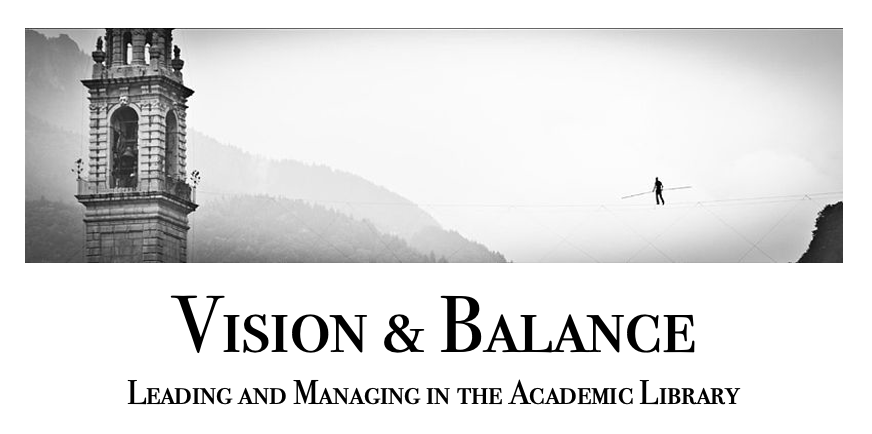Make Your Library a Strategic Partner, not Just a Cost Center
You won't get an increased budget because you're essential. You'll get an increased budget because the administration knows that increasing your budget will help the university achieve its strategic goals.
